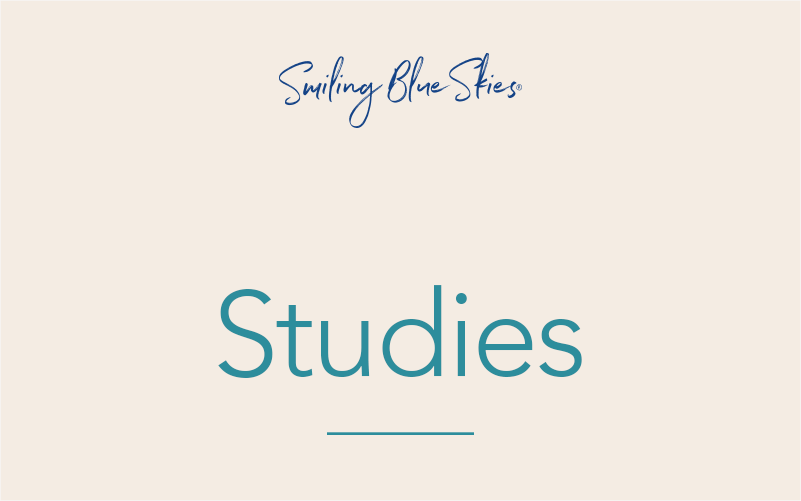Patient Disease
Canine patients with B cell lymphoma
Study Name
Development of Artemisinin Compounds for Cancer Treatment.
Purpose of the Study
Lymphoma is the most common form of hematopoietic cancer in dogs and one of the most common forms overall. It can strike any age and breed of dog, although certain breeds have a greater frequency of the disease. Multicentric lymphoma is characterized by non-painful enlargement of lymph nodes. Despite improvements in chemotherapy, most dogs will die from this disease, with an average survival of approximately one year after diagnosis. Standard chemotherapy for B cell, multicentric lymphoma is doxorubicin-based treatment. The majority of dogs tolerate chemotherapy well with good to excellent quality of life during treatment.
Artemisinin is a drug derived from the plant Artemisia annua, traditionally used by Chinese herbalists in the treatment of illnesses such as skin diseases and malaria. Besides its well-known anti-malarial properties, the drug has recently aroused interest as an anti-cancer drug. In vitro studies show that the drug causes cancer cell death and molecular changes that could sensitize cancers to common chemotherapy drugs.
This clinical trial will evaluate the ability of artemisinin to sensitize B-cell lymphoma to doxorubicin chemotherapy in dogs, compared to a placebo.
This will be done by evaluating extent of disease thoroughly (staging), including a biopsy of a lymph node. The dog will then receive artemisinin or a placebo for three days prior to a second biopsy being collected. After this, dogs will receive either artemisinin or placebo and standard doxorubicin chemotherapy every three weeks for three cycles. Following chemotherapy, dogs will continue the assigned capsules and be monitored carefully for duration of response. Dogs must receive the biopsies and chemotherapy treatments at the WSU-VTH. Artemisinin or placebo will be assigned randomly, and neither owner nor clinician will know which the dog is receiving.
Patient Entry Criteria
Certain criteria will determine if your dog qualifies for this study. Dogs with B cell, multicentric lymphoma may be eligible for this study. They may not have received previous treatment for their lymphoma, including prednisone. Dogs with spread of the lymphoma beyond the lymph nodes to other locations in the body (liver and spleen) who are asymptomatic may be eligible (Stage III and IV dogs). Patients must be otherwise in good health and have no cardiac, renal, or hepatic insufficiency. Owners must consent to a postmortem examination (autopsy) at the time their dog dies or is euthanized if still on protocol.
Owner Responsibilities
The owner is financially responsible for costs associated with the diagnosis and staging of the disease (such as blood tests, chest X-rays, flow cytometry, abdominal ultrasound, bone marrow cytology, etc.) to determine the dog’s eligibility for enrollment in this study. If a dog is accepted into the study, these costs will be limited to $300. The owner is expected to make and keep all appointments according to the study protocol, which will include initial examination and biopsies over a four-day period, and three chemotherapy treatments on an every three week schedule. Rechecks will be performed monthly thereafter. The owner will also be expected to keep a drug log to record administration. Doxorubicin as a single-agent therapy will be administered as part of this protocol. This is a standard and effective treatment that is likely to result in a complete remission for most dogs.
Financial Incentives
This study is funded by the Washington State Life Sciences Discovery Fund for specific care in the study. Costs associated with the collection of samples, re-evaluating disease burden, bloodwork for chemotherapy, chemotherapy drug, and administration are covered, when performed at the WSU-VTH. Laboratory costs outside of the VTH are not covered by the study.
Contact Information
Please contact Pam Thompson at 509-335-0711 or pat@vetmed.wsu.edu if you are interested in learning more about this clinical trial.

